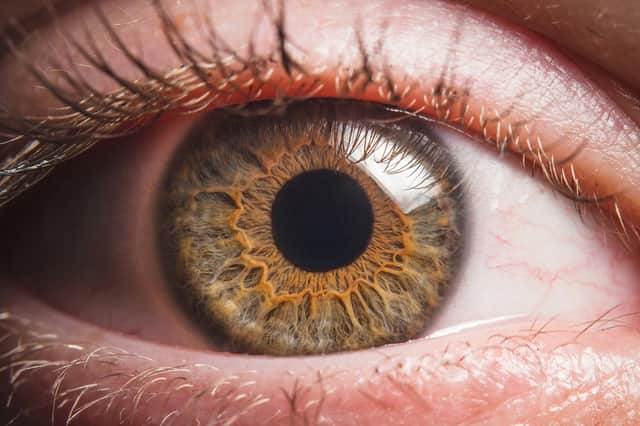Corneal blindness: what causes it and how can we stop it?


Not many people know much about corneal blindness, mainly because it’s not a problem in developed countries. However, it’s still the fourth most common cause of blindness across the world with millions of cases still ongoing.
So what are the main causes of it? And what can be done to prevent it?
Eye Protection
Corneal blindness often comes about as a result of trauma like a scratch to the eyeball from a piece of debris. We can prevent these injuries from happening by providing eye protection to people in the workplace. That’s why construction workers wear safety goggles. However, in many poorer countries, employers can’t afford proper safety precautions, meaning workers are more likely to get an eye abrasion which causes complications like a corneal disease.
Treatment
The symptoms of corneal diseases include tearing, blurred vision, redness, sensitivity to light and a painful sensation of something scratching your eye. By identifying corneal diseases, we can then treat them before complications occur. There are many cures for corneal blindness available, such as antibiotics, corneal transplants, and laser treatment. Unfortunately, these treatments aren’t readily available in developing countries like Africa – nor is there much information on what it is, the signs or symptoms. Organisations like the Tej Kohli Cornea Institute are actively trying to change this by making corneal treatments more readily available across the world.
Better Hygiene
One of the leading causes of corneal blindness is infection. We can prevent this with good hygiene, which includes regularly washing our hands and face with clean water. But in disadvantaged countries, people can’t easily access this vital resource and the water they use is often filled with grit, parasites and disease. If they get this in their eye, the cornea might become scratched, allowing infection to spread inside. Eventually, this could develop into total blindness. We can correct this issue by donating to charities which focus on providing developing countries with clean water.
Good Nutrition
Nutrition is essential for improving our immune system, helping us fight diseases and infections. We also need a good diet to ensure we have all the vitamins to prevent things like eye dryness which might lead to corneal diseases. But people in countries with famine don’t have the luxury of a good diet, making them more susceptible to deficiencies. You can help combat this by donating to food charities.